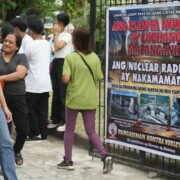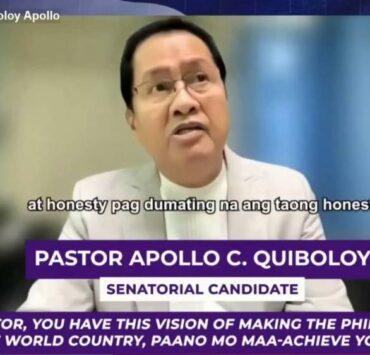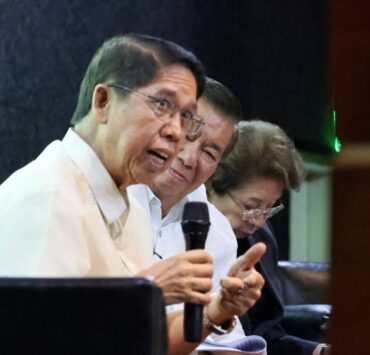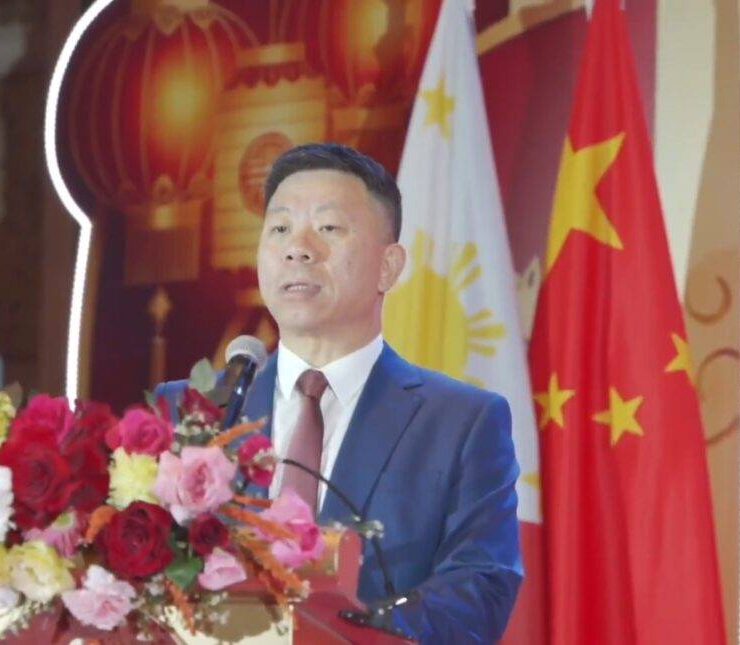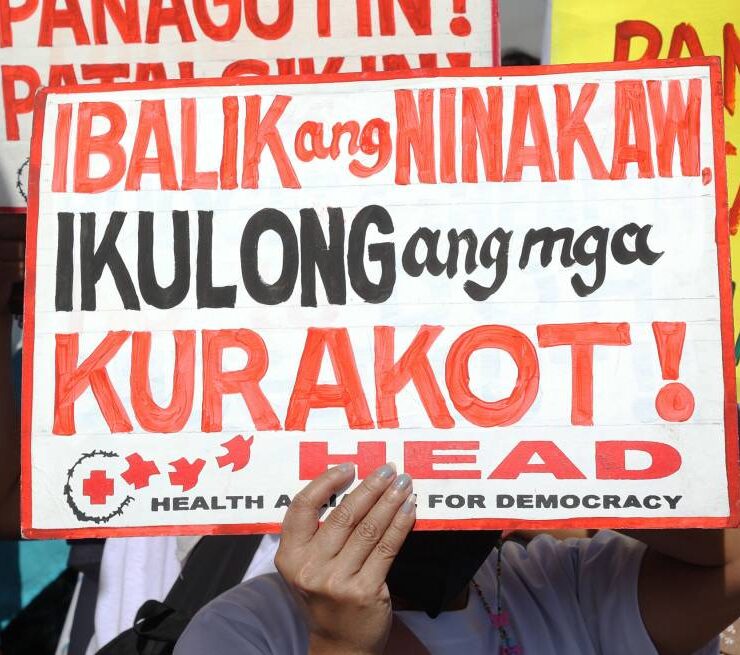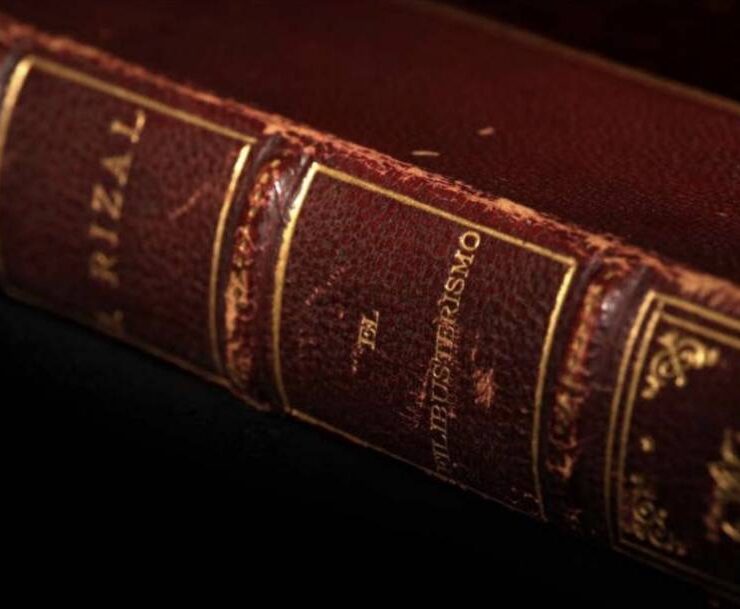PMA questions delay in dengue vax okay
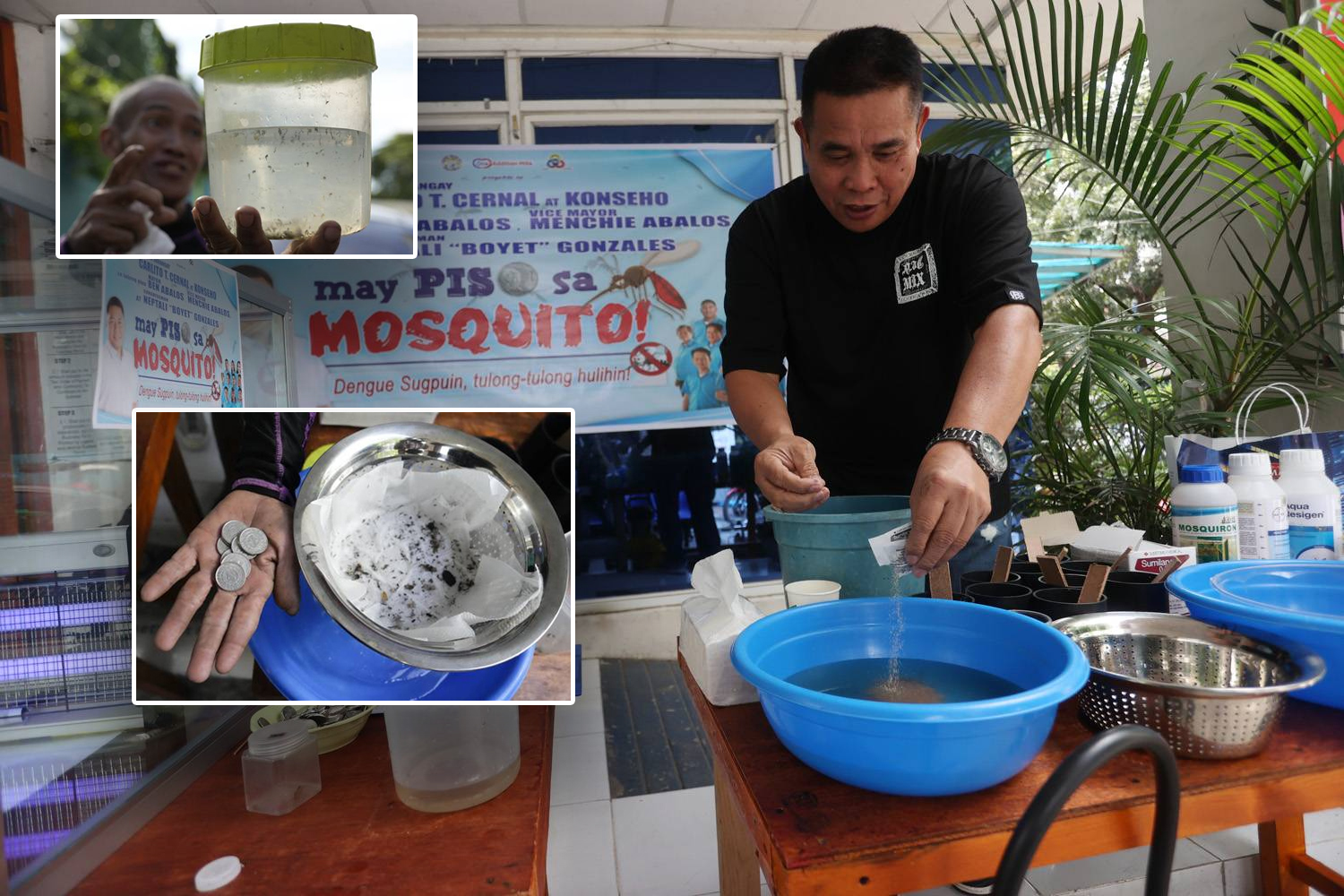
The Philippine Medical Association (PMA) has urged President Marcos to intervene and expedite the approval of new-generation dengue vaccines amid the surge of dengue cases in the country.
The appeal was made by the country’s doctors at the launching of the Empowering Networks to Defeat Dengue or End Dengue Coalition—founded by PMA, in partnership with health-care organizations, the academe, researchers and advocates—on Tuesday in Quezon City, with the collective goal of achieving zero dengue deaths by 2030.
In a letter addressed to Mr. Marcos read during the event by Dr. Erica Tania Davillo, chair of the PMA’s ad hoc committee on dengue advocacy, the organization acknowledged that the safety of dengue vaccines was of “utmost concern” because of the country’s previous experience with Dengvaxia.
“[But] with recent advances in vaccine technology, there are new-generation dengue vaccines in the market or in Phase 3 clinical trials, which showed promise in terms of vaccine effectiveness and safety,” it added.
Next-gen vaccines
The PMA specifically cited Qdenga of Japanese pharmaceutical company Takeda, which is approved in 40 countries and one of the only two dengue vaccines approved by the World Health Organization (WHO) to prevent dengue in highly endemic countries like the Philippines. (The other WHO-approved dengue vaccine is Dengvaxia of French pharmaceutical giant Sanofi Pasteur.)
“Having witnessed the devastating impact of dengue on our patients and their families, we strongly urge the government to grant access to these new-generation dengue vaccines, and allow Filipinos the right to protect themselves from this dreadful disease,” the PMA said.
Dr. Lulu Bravo, executive director of the Philippine Foundation for Vaccination, expressed concern over the delay of the approval of the certificate of public registration of Qdenga, noting that vaccine licensing typically takes about a year.
“If you recall, Dengvaxia was licensed within six months, but Qdenga has been in the process for two years with no approval yet,” she added, noting that studies on the safety and efficacy of new-generation vaccine have been ongoing for over a decade.
Food and Drug Administration (FDA) spokesperson Pamela Sevilla declined to comment on the status of Takeda’s application for Qdenga, which it filed in 2023.
“The FDA cannot disclose any personal or sensitive information pertaining to any brand or product unless otherwise allowed through a letter by the company owner. Rest assured that we will inform the public of any outcome soon,” she said in a message to the Inquirer.
Last month, Union of Local Authorities of the Philippines president and Quirino Gov. Dax Cua also expressed impatience over why Qdenga was still not approved by the FDA.
“The dengue vaccine, which is already being used by our neighboring countries, would be a great help in addressing the threat of dengue. That’s why I hope we can approve its use as soon as possible,” Cua said.
Health Secretary Teodoro Herbosa previously explained that even if Qdenga is cleared by the FDA, it could not yet be used for mass vaccination of the government without an approval from the Health Technology Assessment Council.
WHO-cleared
The WHO in May last year cleared Qdenga for use in children aged 6 to 16 in areas with high infection rates. The prequalification made it eligible for procurement through United Nations agencies like the UN Children’s Fund.
The vaccine, which contains weakened versions of the four dengue virus strains, is recommended as a two-dose schedule with a minimum interval of three months between doses.
The WHO does not recommend Qdenga to people who are pregnant or planning to become pregnant at least a month following vaccination, breastfeeding mothers, those with congenital or acquired immune deficiency and people with human immunodeficiency virus.













